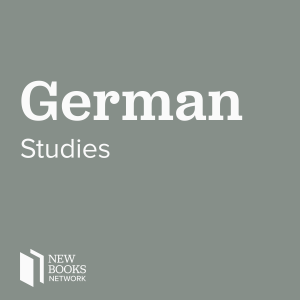
Todd H. Weir, “Secularism and Religion in Nineteenth-Century Germany” (Cambridge UP, 2014)
 2014-12-01
2014-12-01
If you look up the word “secular” in just about about any English-language dictionary, you’ll find that the word denotes, among other things, something that is not religious. This “not-religious-ness” would seem to be the modern essence of the word. If a government is secular, it can’t be religious. If a court is secular, it can’t be religious. If a party is secular, it can’t be religious.
But, as Todd H. Weir points out in his fascinating book Secularism and Religion in Nineteenth-Century Germany: The Rise of the Fourth Confession (Cambridge University Press, 2014), the origins of what we might call “secularism”–the faith with no faith–were profoundly religious. To understand how this could be so, Weir takes us back to an age and place–the nineteenth-century German Lands–in which belonging to a church was a matter of state. The question then and there wasn’t whether you were going to adhere to a faith, but which one. Yet, in the wake of the Enlightenment, there were those who did not want to belong to one of the “established” (as in “establishment clause”) religions. They–“dissenters”–were seeking their own path to God and they petitioned the state to allow them to do so. Sometimes the lords of the land (and often heads of the church) granted this wish; sometimes they didn’t. Sometimes they did, reversed themselves, and then reversed themselves again. Given the novelty of “free religion” and “free thinking,” it was hard to know what to do. In any case, the back and forth between officials and religious dissenters opened a space–narrow at first and then gradually widening–in which the faithful could be not only different but, well, not very faithful at all. Listen in.
Learn more about your ad choices. Visit megaphone.fm/adchoices
Support our show by becoming a premium member! https://newbooksnetwork.supportingcast.fm/german-studies
More Episodes
Create your
podcast in
minutes
- Full-featured podcast site
- Unlimited storage and bandwidth
- Comprehensive podcast stats
- Distribute to Apple Podcasts, Spotify, and more
- Make money with your podcast
It is Free
- Privacy Policy
- Cookie Policy
- Terms of Use
- Consent Preferences
- Copyright © 2015-2024 Podbean.com






